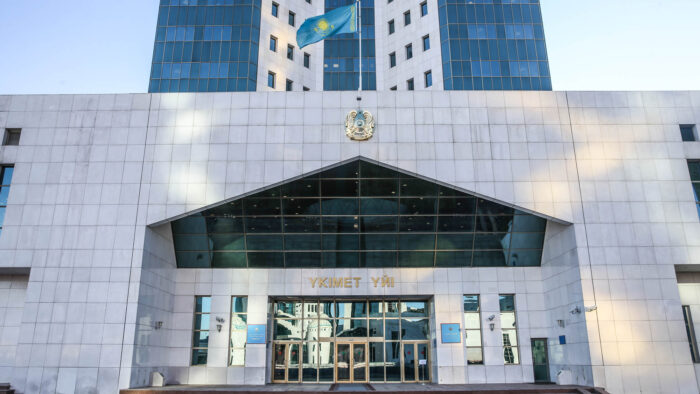ASTANA – Kazakh experts have shared their views on President Kassym-Jomart Tokayev’s directives following the extended government session on Feb. 7, where Tokayev outlined ten priorities for the country’s social and economic development.

Photo credit: primeminister.kz
Political expert Daniyar Ashimbayev suggested that the President’s address essentially represents a swift response to the initiatives of the prior government, which faced significant opposition from both societal and business sectors.
According to Ashimbayev, Tokayev’s decisive actions showed that the President was not interested in listening to positive self-assessments, leading to the immediate dismissal of figures who were most heavily criticized in society or were in charge of problematic areas.
“Much of what President Tokayev said was voiced by him before and on multiple occasions. He has clearly identified problem areas and ways to resolve them,” he stated in his Telegram post.
The President did not praise anyone, although he generally spoke relatively positively about the situation in science, education, and digitalization. He even set the task to develop artificial intelligence and create a “high-performance supercomputer.”
“Whether ministers change or stay, the perennial question remains: do they understand the tasks set by the President and do they intend to carry them out as he requires?” he observed.
In an interview with Kazinform on Feb. 7, Shavkat Sabirov, head of the Internet Association of Kazakhstan, said the country faces a challenge in digitizing the internal activities of government agencies when interacting with each other.
“The level of digitalization is quite high in terms of e-government, specifically those services that government agencies provide to the population. Electronic services are provided at a high standard. Kazakhstan ranks well in global standings. However, it’s a different story when two government agencies provide services to each other,” noted Sabirov.
According to the expert, some government bodies face difficulties using digital technologies for their internal activities, which is crucial during decision-making.
“For example, state agencies use data from the State Revenue Committee. The entire country uses data from the Ministry of Labor and Social Protection and the Ministry of Justice. This issue is still on the agenda; we must achieve a high level of digitization of government agencies,” he emphasized.
Economic observer Yuri Massanov reflected on the President’s statement, “the stronger the economy, the greater the tax revenues.”
“The problem lies not in tax rates but in how they are collected. We still have a large gray zone in the economy, where goods and services are traded without official registration and consequently, without tax payments. Many businesspersons with legal enterprises understate turnover or split companies into smaller ones to pay less taxes. By addressing these and other similar issues, it will be possible to significantly increase tax revenues for the state budget,” noted Massanov.
